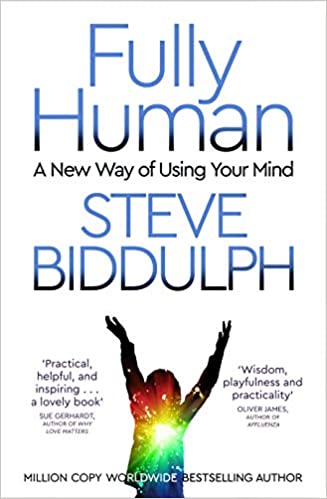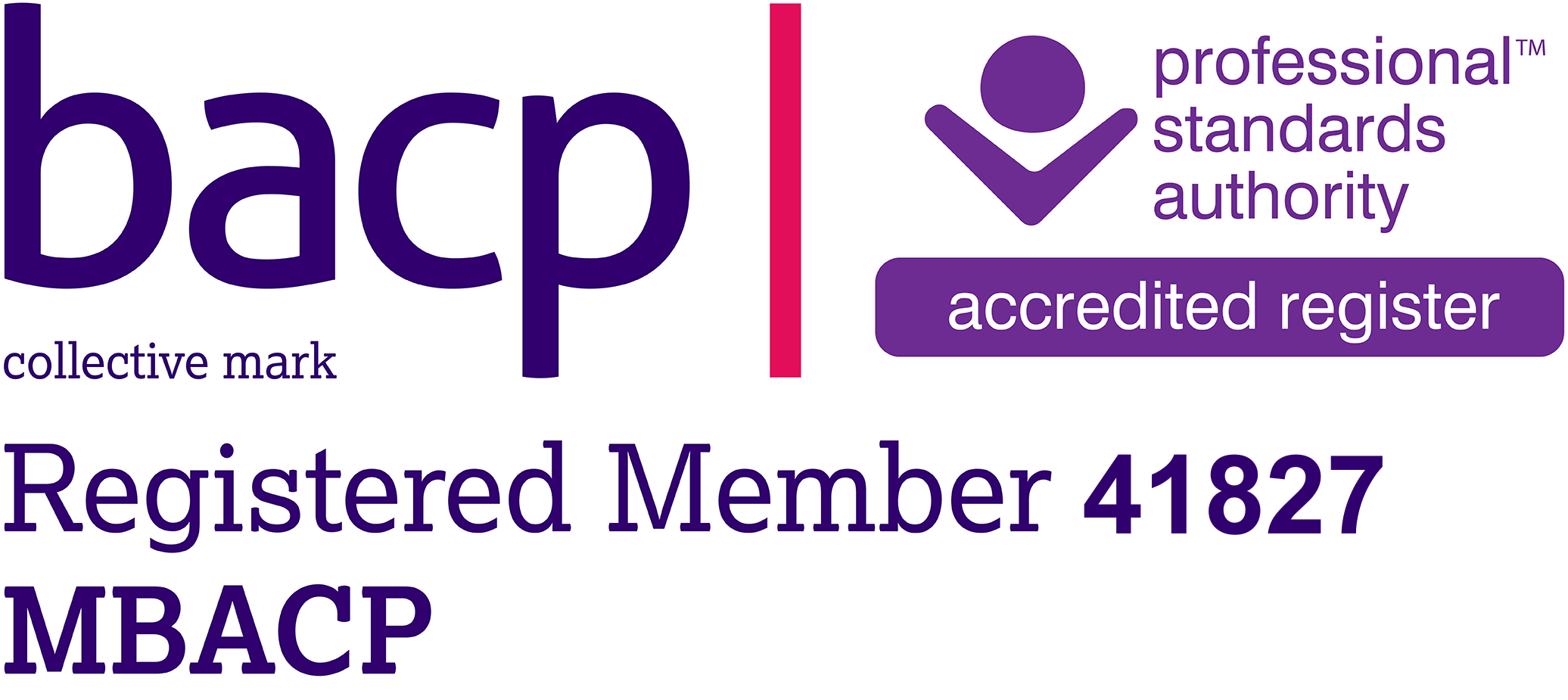There are many different definitions of coaching used today and probably the best way of explaining what it means here is to illustrate it with one of the models I use (GROW) and give you a flavour of how this might guide our discussion and process.
This is only a brief overview, by the way. There are likely to be additional questions that relate to the particular issue that you bring. The process isn’t rigid, either, sometimes we move back and forth within it, but each section needs to be covered at least once in order for the overall process to be robust and to ensure we don’t overlook anything important:
Goal – this can work on different levels such as:
- End goal – what is that you ultimately want to achieve, or change?
- Session goal – what would you like to get out of this particular session towards that?
- How well-formed is your goal?
- How will it serve you?
- How will you know when you’re there?
Reality:
- Where are you now and how does this measure up against your goal?
- How realistic is your goal?
- How objective is your self-assessment?
- What might be your assumptions, concerns, fears or blind spots?
- What evidence do you have?
- Are there any other perspectives, people, issues or constraints that need to be taken into account?
Options
- This is where we open things up.
- We put aside the previously-mentioned constraints for a while and get the creative juices going to compile a list of options.
- To start with, quantity is more important than quality and no idea is too silly.
- Evaluating the ideas and selecting one or more of them comes towards the end.
Will
- This is about creating a plan.
- What will you do?
- When will you do it?
- What strengths and resources do you already have?
- What else do you need?
- How will you get that?
- On a scale of 1-10, how committed are you to doing this?
- If not a 10, what would make it so?
 Traditionally, mentoring has been used to describe the relationship in which a senior or more experienced colleague supports the development of a junior or inexperienced member of staff in the workplace.
Traditionally, mentoring has been used to describe the relationship in which a senior or more experienced colleague supports the development of a junior or inexperienced member of staff in the workplace.
Similarly, it is also used to describe the way in which an experienced business person might support the development of a small business or a start-up or, in a non-business context, where an older or more experienced person might support someone younger, less experienced, or more vulnerable.
Mentoring relationships tend to be longer than coaching ones, but not always. It depends on the situation and the the people involved. The relationship is about sharing knowledge, skills, experience and, sometimes, networks.
In a good relationship, both parties will learn something.
The traditional relationship (as described above) is ‘top down’ but, increasingly, peer and upward mentoring are becoming more common, for example:
Peer mentoring – when a group of peers either from within one organisation, or from different organisations, get together to exchange ideas, current challenges and support – sometimes also known as ‘Action Learning’. Or it could be more general support given 1:1, person-to-person, to help someone who through a difficult time or with a particular task or event that they might find challenging.
Upward mentoring – when a junior colleague with a particular skill set or area of expertise (such as IT or social media) assists someone older or more senior.

